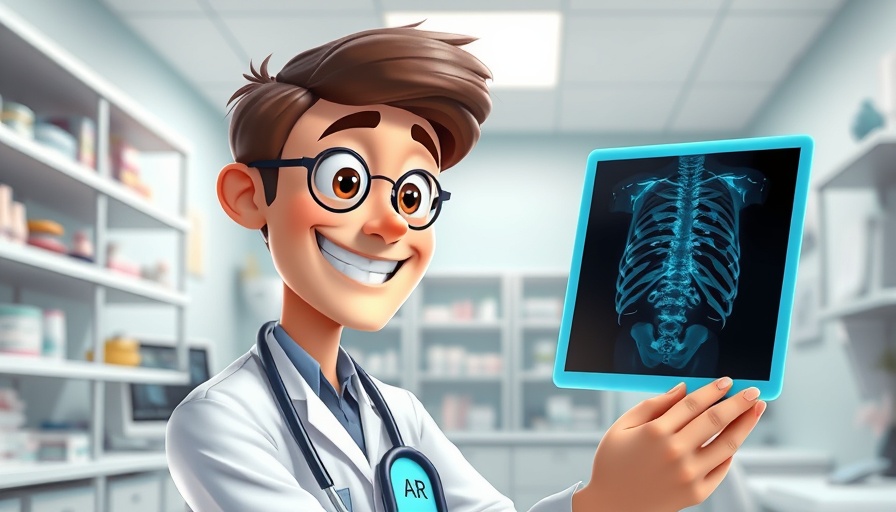
The Transformative Power of AI in Healthcare
Nearly 80% of U.S. healthcare organizations have embraced AI tools to enhance patient care. This dramatic shift signifies not just technological evolution, but a revolution where AI is fundamentally reshaping diagnostics, treatment planning, and operational workflows. Unlike the past when AI was a futuristic concept, its presence in healthcare today highlights its tangible benefits—from accurate wait times to tailored medication regimens.
The Crucial Role of Data in AI Implementation
The strength of AI lies in its remarkable ability to sift through vast and complex datasets at speed, ensuring precision and contextual correctness. Analyzing everything from clinical notes and diagnostic scans to billing records and electronic health records (EHRs), AI not only boosts efficiency but also significantly alleviates clinical burnout while simultaneously improving patient outcomes.
Challenges in Leveraging AI
Despite its numerous benefits, harnessing the full potential of AI in healthcare presents challenges. CIOs must navigate the delicate balance between innovation and compliance, integrate AI solutions into existing legacy systems, and foster cross-functional collaboration to ensure that AI systems generate real-world value. This intricate task is paramount for the successful adoption of AI across the healthcare landscape.
Real-World Use Cases of AI in Healthcare
AI is increasingly recognized as the backbone supporting advanced diagnostics, personalized care, and operational agility. For healthcare CIOs, understanding where AI provides tangible value is pivotal to creating future-ready digital roadmaps.
1. Enhanced Diagnostic Accuracy and Early Detection
AI has the potential to transform diagnostic accuracy significantly. By utilizing machine learning and image recognition, AI assists clinicians in identifying diseases much earlier and with higher precision. For instance, Google’s DeepMind made headlines in 2018 by matching expert radiologists in detecting over 50 eye conditions using 3D retinal scans with an astounding accuracy of 94%.
Fast forward to 2023, and new models like RETFound have been trained on over 1.6 million retinal images, outperforming traditional diagnostic systems in identifying conditions such as diabetic retinopathy and glaucoma while also demonstrating predictive capabilities for systemic diseases like Parkinson’s and heart failure.
2. Revolutionizing Pathology with AI
AI is also improving pathology significantly, reducing diagnostic variability and accelerating tissue analysis. Platforms like Paige.ai—an FDA-approved digital pathology system—leverage deep learning for cancer detection and tissue classification. This advancement allows pathologists to focus on critical patient care decisions while AI handles the more tedious and time-consuming aspects of the diagnostic process.
Future Predictions: Where AI in Healthcare is Heading
As we look forward, the integration of AI in healthcare is poised to deepen. With the ongoing development of more sophisticated algorithms and models, AI's role in predicting diseases before symptoms arise will likely become a fixture in patient care. Moreover, the trend toward personalization will continue, allowing AI to tailor treatment plans more effectively than ever before.
Path Forward: Implementing AI Responsibly
For healthcare organizations looking to implement AI responsibly, a few best practices can guide the way. Emphasizing ethical AI practices—prioritizing data privacy and fair algorithms—will be essential for building trust among healthcare providers and patients alike. Cross-disciplinary collaboration between IT, clinical staff, and administrative teams will enhance the success rate of AI projects, ensuring that innovations translate into real-world benefits.
Call to Action
As the healthcare landscape evolves, professionals must stay informed about future trends, tools, and best practices in AI adoption. Engage with peers, participate in workshops, and explore case studies that highlight successful AI integrations. Together, we can shape a future where healthcare technology enhances both patient outcomes and operational efficiencies, paving the way for a healthier tomorrow.
 Add Row
Add Row  Add
Add 




Write A Comment